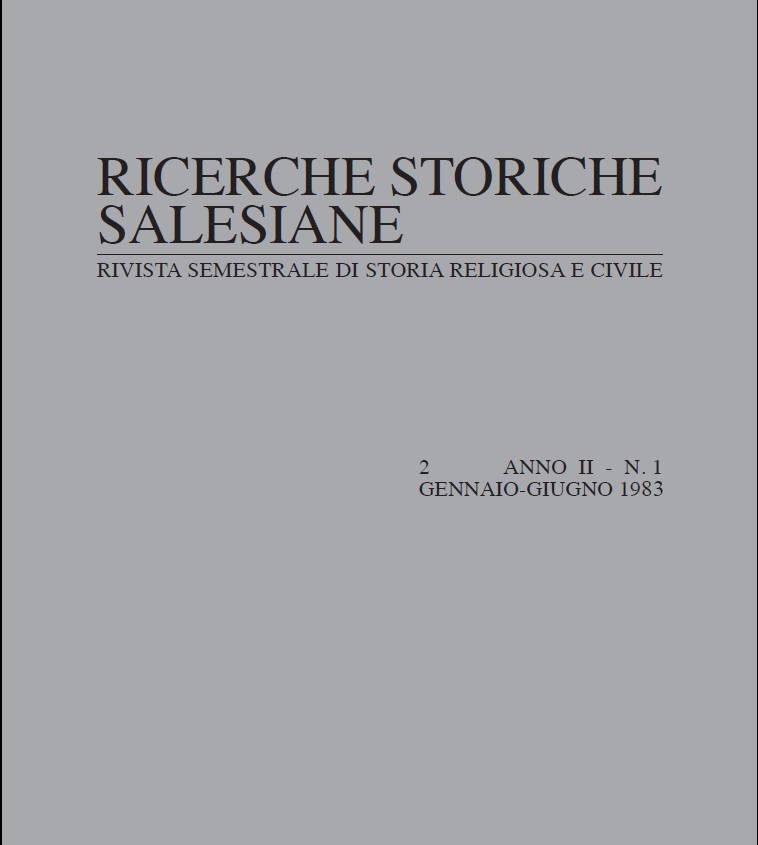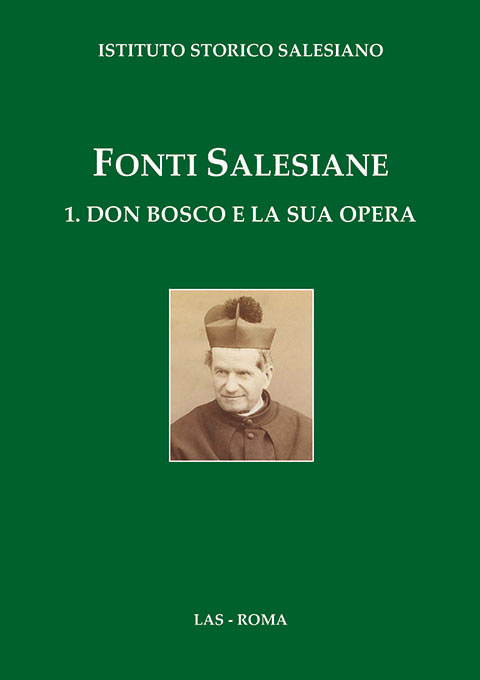Nell’anno scolastico 1834-35 Giovanni Bosco frequentava a Chieri la classe di retorica o V ginnasiale. Negli anni antecedenti aveva stretto amicizia con il giovane Annibale Strambio, già suo condiscepolo. Si può dire che quella fu la sua prima amicizia, antecedente a quella del Comollo. Durante le vacanze pasquali i genitori del suo amico, che avevano avuto occasione di ammirare le doti del giovane Bosco, lo invitarono a Pinerolo, dove abitavano. Egli andò, spingendosi poi fino a Barge per far visita al suo professore dott. D. Pietro Banaudi. Di quella gita stese una lunga relazione in una lettera che ci è giunta, non intera, nella brutta copia. Continue reading “Eugenio Valentini – Don Bosco e Annibale Strambio”





